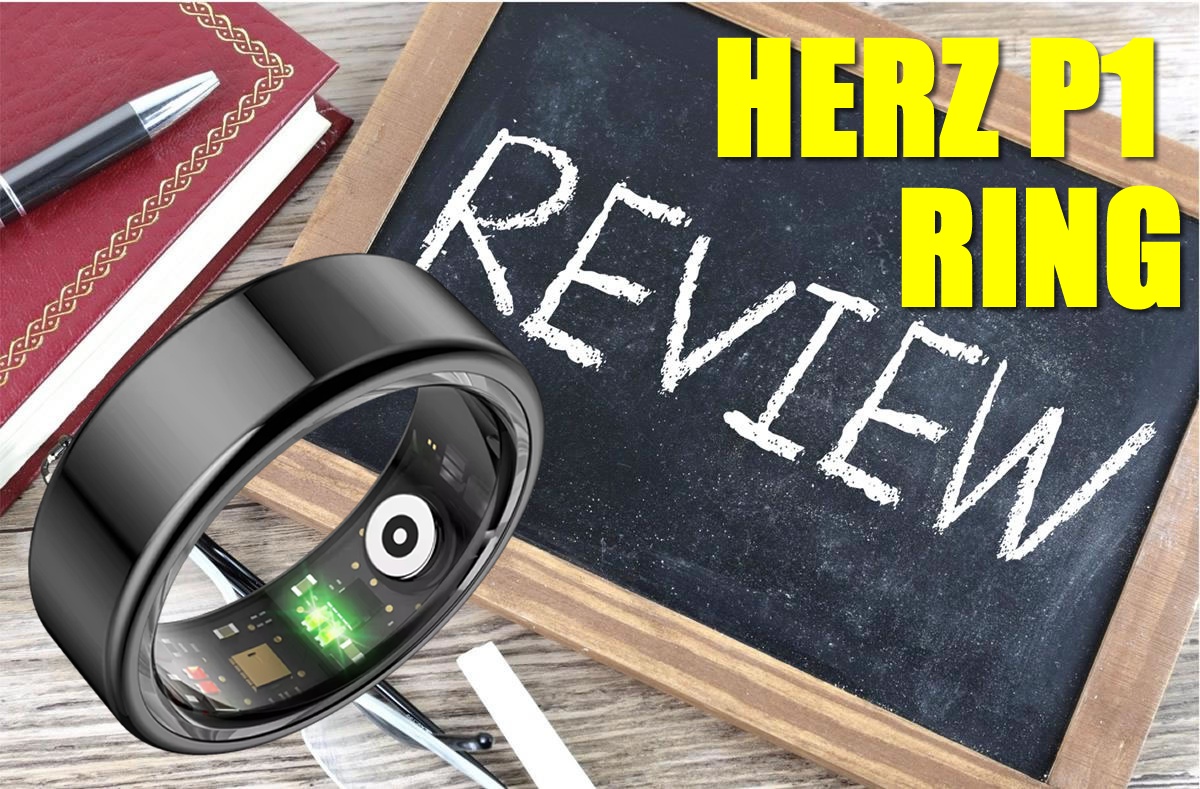When it comes to hearing aids and exams, you might be wondering what Medicare actually covers. While Medicare Part B does include some hearing-related services, it generally falls short when it comes to providing financial support for hearing aids themselves. This can leave you facing unexpected costs. So, what are your options? Understanding the details could make a significant difference for your hearing health.
Understanding Medicare Coverage Basics
When you’re maneuvering through Medicare, it’s essential to understand how coverage works, especially when it comes to hearing aids.
Medicare typically doesn’t cover hearing aids themselves, but it does provide some coverage for related services. For example, diagnostic hearing exams might be covered under certain conditions, particularly if a physician orders them due to a medical issue.
It’s vital to know that these exams differ from routine hearing tests, which aren’t covered. Familiarize yourself with the difference, and check your plan details to see what’s included.
Understanding these basics helps you navigate your options, making it easier to seek help for your hearing needs while utilizing Medicare effectively. Always stay informed to maximize your benefits.
What Does Medicare Part A Cover?
Medicare Part A primarily covers hospital stays, skilled nursing facility care, hospice care, and some home health services.
When you’re admitted to a hospital, Part A helps pay for your inpatient care, including room and board. If you need skilled nursing care after a hospital stay, Part A can cover that too, but only under specific conditions.
Hospice care is another critical benefit; if you’re facing a terminal illness, Part A provides support for comfort and pain relief. Additionally, some home health services, like physical therapy or nursing care, may be covered if you meet certain criteria.
However, it’s essential to remember that Part A doesn’t cover outpatient services or most routine care, including hearing aids and exams.
What Does Medicare Part B Cover?
Part B of Medicare covers a wide range of outpatient services that are essential for maintaining your health. This includes doctor visits, preventive services, and diagnostic tests.
You can access outpatient therapy, like physical and occupational therapy, which helps you recover from injuries or illnesses. Part B also covers certain vaccines and mental health services, ensuring that your overall well-being is prioritized.
Additionally, it pays for some durable medical equipment that you might need at home, such as wheelchairs or walkers. While it doesn’t cover everything, understanding what Part B offers can help you make informed decisions about your healthcare.
Always check with your provider to see what specific services are covered under your plan.
Hearing Exams: Coverage and Limitations
Although you may have concerns about your hearing, it’s important to know that Medicare offers limited coverage for hearing exams.
Medicare Part B covers diagnostic hearing exams if your doctor or health care provider determines you need them due to a medical condition. This means if you’re experiencing issues related to hearing loss, you can get an exam.
However, routine hearing exams for the sole purpose of getting a hearing aid aren’t covered. You’ll need to pay out of pocket for those.
Additionally, Medicare doesn’t cover any follow-up exams or additional tests unless they’re deemed medically necessary. Always check with your provider to understand your specific coverage and any potential costs you might face.
Are Hearing Aids Covered by Medicare?
If you’re considering getting hearing aids, it’s important to know that Medicare doesn’t cover them. This means you’ll have to pay out of pocket for the cost of hearing aids, which can be quite significant.
Medicare does cover some services related to hearing, like diagnostic hearing exams, but once it comes to the devices themselves, you’re on your own.
Some Medicare Advantage plans may offer additional benefits, so it’s worth checking your specific plan details.
You might also want to explore other insurance options or assistance programs that can help offset costs.
Understanding these limitations can help you plan better and make informed choices about your hearing health.
Alternatives to Medicare for Hearing Aid Coverage
While Medicare doesn’t cover hearing aids, several alternatives can help you manage the costs associated with these essential devices.
Many private insurance plans offer some level of coverage for hearing aids, so it’s worth checking your policy. Additionally, Health Savings Accounts (HSAs) and Flexible Spending Accounts (FSAs) allow you to use pre-tax dollars for hearing aid expenses.
Some organizations and nonprofits provide financial assistance or discounts for hearing aids, particularly for low-income individuals. You might also consider financing options or payment plans offered by hearing aid providers, making it easier to afford the devices you need.
Exploring these alternatives can greatly reduce your out-of-pocket expenses for hearing aids.
State-Specific Medicare Programs and Assistance
Many states offer unique Medicare programs and assistance that can help you navigate the challenges of hearing aid coverage.
For instance, some states provide additional benefits for low-income seniors through Medicaid or state-specific programs, which can cover hearing aids or exams.
You might also find local assistance programs that offer financial help or connect you with audiologists who accept Medicare, ensuring you get proper care without breaking the bank.
Additionally, some states have initiatives focused on education and outreach to inform beneficiaries about available resources.
It’s a smart idea to check your state’s Medicare website or contact local agencies to explore the specific programs that can support your hearing health needs.
Tips for Navigating Medicare Benefits
Understanding state-specific programs can help you make the most of your Medicare benefits, especially when it comes to hearing aids. Start by reviewing your Medicare plan details, as coverage varies by state.
Don’t hesitate to reach out to your Medicare representative to clarify any questions you have. Research local resources, like state health departments or non-profits, which may offer additional support for hearing services.
Keep track of your healthcare appointments and ask your doctor for recommendations on hearing specialists. You might also consider joining support groups or forums where you can share experiences and gather tips.
Finally, stay informed about changes in Medicare policies, as they can affect your benefits and options related to hearing aids.
The Importance of Regular Hearing Check-Ups
Regular hearing check-ups are fundamental for maintaining your overall health, as they can help catch potential issues before they escalate. By scheduling these exams, you’re taking proactive steps to monitor your hearing and overall well-being.
Hearing loss can develop gradually, and regular check-ups guarantee that any changes are identified early. This is essential because untreated hearing loss can lead to other health problems, including depression and cognitive decline.
Additionally, these appointments provide an opportunity to discuss any concerns you might have. Your audiologist can recommend appropriate interventions or hearing aids if necessary.
Staying on top of your hearing health not only enhances your quality of life but also helps you stay connected with loved ones and your community. Don’t overlook this significant aspect of your health!
Resources for Additional Support and Information
After keeping up with your hearing health through regular check-ups, it’s important to know where to find additional support and information.
The National Institute on Deafness and Other Communication Disorders (NIDCD) offers valuable resources about hearing loss and aids. You can also visit the American Speech-Language-Hearing Association (ASHA) for expert advice and guidance.
Don’t forget to check Medicare’s official website for details on coverage and benefits related to hearing exams. Local support groups can connect you with others facing similar challenges, providing community and shared experiences.
Finally, your audiologist can be a great resource, offering personalized advice based on your specific needs and circumstances.
Don’t hesitate to reach out for help—you’re not alone in this journey!
Conclusion
Ultimately, while Medicare doesn’t cover hearing aids, it does provide some coverage for medically necessary hearing exams under Part B. If you’re considering hearing aids, check your Medicare Advantage plan for potential additional benefits. Don’t forget the importance of regular hearing check-ups to stay on top of your hearing health. By understanding your options and staying informed, you can make the best decisions for your hearing needs and manage your costs effectively.














